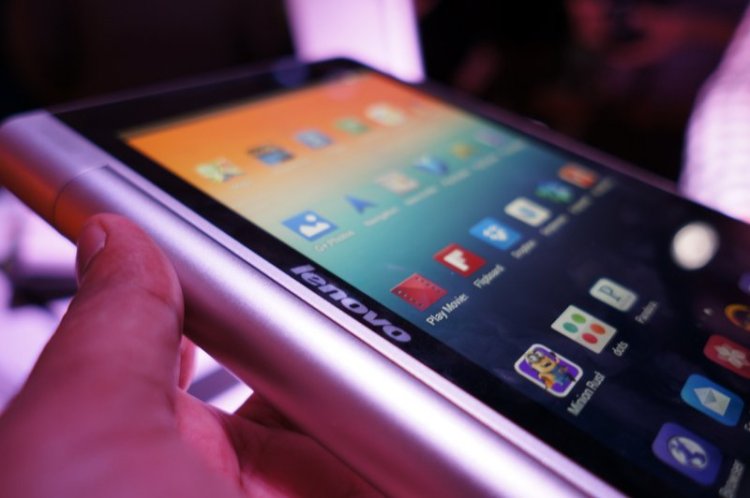LAS VEGAS — Android on Windows? Lenovo isn’t impressed.
During his International CES keynote this week, Intel’s CEO briefly mentioned a plan to promote new PCs capable of running both Windows and Android. With tablets quickly overtaking PC sales, it could be a way for Intel to repeat its “Utrabook” initiative to drive up PC sales once again.
But Lenovo, the world’s biggest PC maker, isn’t taken with the concept.
“I don’t see it [Intel’s Android on Windows plan] as being a mass-market opportunity in the near- or maybe even long-term,” Lenovo North American president Jay Parker told VentureBeat in an interview yesterday. “I believe the market can support multiple operating systems and ecosystems.”
June 5th: The AI Audit in NYC
Join us next week in NYC to engage with top executive leaders, delving into strategies for auditing AI models to ensure fairness, optimal performance, and ethical compliance across diverse organizations. Secure your attendance for this exclusive invite-only event.
Parker specifically railed against the concept of “dual booting” Windows and Android on PCs — wherein you’ll actually have to reboot your computer when you switch between platforms. Instead, he believes operating systems will evolve to meet consumer demands.
Lenovo has a lot riding on Windows 8 for its PCs, but it also supports Android heavily in its tablets, smartphones, and a few PCs. Since it’s heavily cemented in both platforms, Lenovo likely doesn’t have much to gain by following along with Intel’s plan. The company also includes Bluestacks’ software in its PCs, which runs Android apps from within Windows without the need for rebooting.
It sounds like Intel’s “WindDroid” plan is far off. By the time it actually happens, it will likely have figured out a far more seamless way to combine the strengths of Windows and Android without the need for dual-booting.
I also asked Parker how he views Lenovo’s “frenemy” relationship with Microsoft, wherein it’s relying on Microsoft’s Windows 8 platform but also competing directly with Microsoft’s Surface tablet.
“It’s a complicated but very productive relationship,” he said. “At the end of the day, we’re not too worried about the competing piece of the business. I believe what they’ve done has kickstarted the market a little bit. But we believe we’re the best at hardware design, and ultimately we’ll let the customers choose what they want. … We believe we’ll win out in the hardware space, I’m not even clear that is their end game.”
But Parker added, “They want us to be very successful selling Windows 8 tablets, and what they’re doing with Surface doesn’t counter that at all.”

